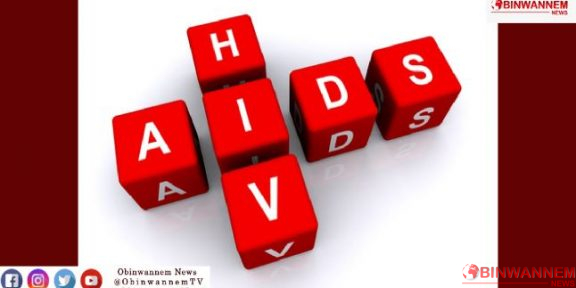Every day, people experience a strange phenomenon. They feel the urge to use the restroom not long after eating.
Defecation immediately after eating is common, and it can have a variety of impacts on a person’s health. In this article, we’ll be discussing why people defecate immediately after eating. We’ll also be addressing the health effects that opting for prompt defecation can have and the best way to deal with this situation.
The process of digestion is an interesting one that begins the moment one takes the first bite. The food is broken down and the body begins the process of absorbing the nutrients and other components. The bowel movement actually starts in the stomach, with digestion earlier along the track, and the process passes through the small intestine.
The small intestine sends digested food and waste to the large intestine, which uses muscles to push the waste material through. As it continues pushing, the waste reaches the rectum, which is the last stop before elimination. It can hold up to a certain amount of waste, depending on the individual and diet type.
Every person’s digestive system is different, though, and certain factors can speed up or slow down the process. Eating a lot of processed or high-sugar foods, for example, can cause the digestive system to move faster. Furthermore, some individuals may have an increase in the number of contractions in the intestines, which can cause them to defecate immediately after eating.
For some people, the urge to use the restroom isn’t a big deal; it’s natural and doesn’t affect their day-to-day life. But if it becomes a constant issue and they’re constantly feeling the need to use the restroom right after eating, it could be a sign of an underlying problem and should be addressed.
The two common reasons why people might be dealing with this issue are Irritable Bowel Syndrome and Gastroesophageal Reflux Disease ‘GERD’.
Irritable Bowel Syndrome is a disorder that causes abdominal pain and cramping, and it affects the large intestine. The cause of IBS isn’t completely understood, but it could be the result of the body’s response to food and stress. People with IBS may experience constipation, diarrhea, or a combination of both.
Gastroesophageal Reflux Disease is a disorder that’s caused by acid reflux. This is when the stomach acid flows backwards up into the esophagus and causes irritation. People with GERD feel a burning sensation in their chest and may need to use the restroom immediately after eating. Although the urge to go to the restroom after eating is normal and harmless, there are certain things that can be done to prevent it.
The first thing to do is to pay attention to the food that’s being eaten. Eating too much of anything too quickly can cause discomfort and an urge to use the restroom. Try to chew food slowly and pay attention to the body’s signals.
Eating smaller meals throughout the day can also help. This helps the digestive system break down the food more slowly and easily, reducing the chances of the urge to use the restroom immediately after eating.
Additionally, drinking lots of water can help keep the digestive system running smoothly. This helps move food through the system more quickly, and can reduce the sense of urgency to use the restroom.
Finally, if the urge is still present, it’s best to go to the restroom as quickly as possible. Holding it in for too long can aggravate the stomach and esophagus, and cause more discomfort.
In conclusion, it’s completely normal to feel the need to use the restroom immediately after eating. It could be the result of food type and quantity, medical conditions such as IBS or GERD, or certain lifestyle habits. Nevertheless, paying attention to the body’s signals, eating smaller meals and drinking water can help prevent this urge.
Nwachineke Onyeke Chekwube reporting, Obinwannem news writer/ 14th March, 2023

















